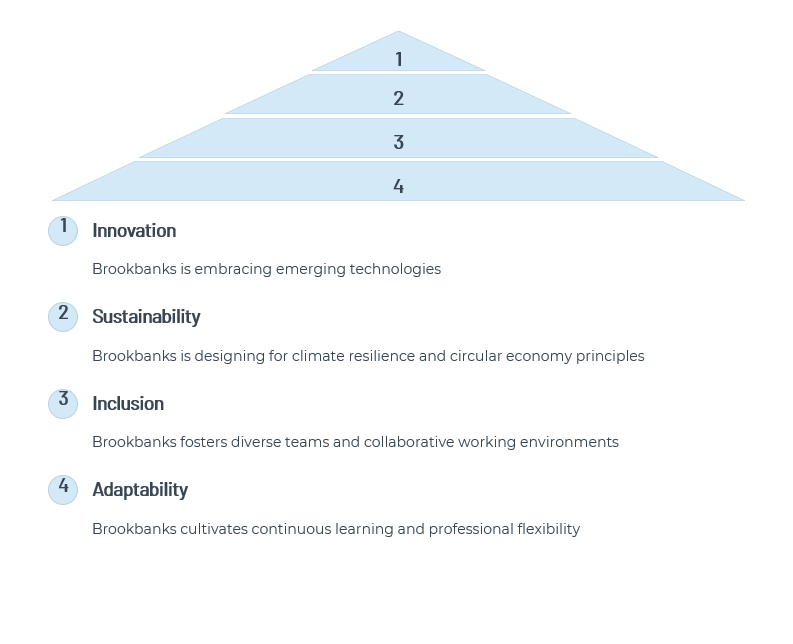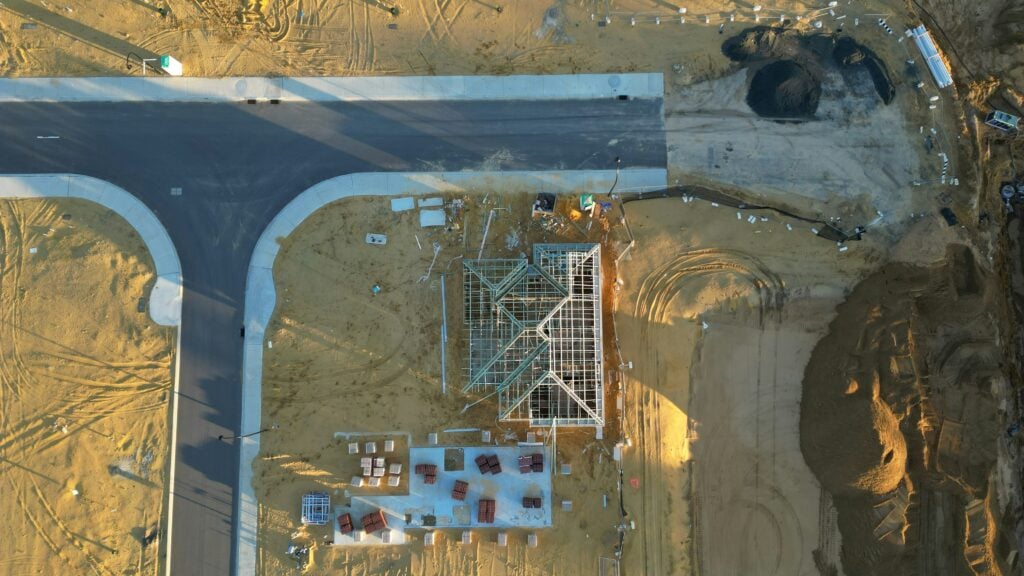As we navigate these shifts, civil engineers must adapt their skills, mindsets, and working practices to remain at the forefront of building resilient communities for future generations.
Current Landscape and Challenges in Civil Engineering Work
The civil engineering profession faces significant workforce challenges that threaten its sustainability and effectiveness. Recent 2024 survey data reveals concerning levels of turnover and burnout across the sector, with engineers citing increasing project complexities, tightening deadlines, and growing regulatory burdens as key stressors. The traditional culture of long hours and rigid office-based work has become increasingly misaligned with contemporary expectations of work-life balance.
Many firms struggle to attract new talent due to perceptions of civil engineering as less dynamic than other STEM fields like software development or renewable energy. This recruitment challenge is compounded by insufficient early exposure to engineering concepts in primary and secondary education, limiting the pipeline of potential engineers, particularly from underrepresented backgrounds.
Workforce Burnout
High turnover rates and increasing reports of professional burnout signal a need for systemic workplace reforms in civil engineering practices.
Work Model Inflexibility
Traditional on-site requirements and rigid schedules limiting attraction of diverse talent and creating retention challenges.
Limited Talent Pipeline
Insufficient early STEM exposure in schools creating a narrower recruitment pool and limiting diversity in the profession.
Research indicates that mentoring programmes and diverse teams not only improve retention but also enhance project outcomes through broader perspectives and innovative problem-solving. Forward-thinking firms are exploring hybrid work models that balance essential on-site presence with remote flexibility for design and analysis tasks.














